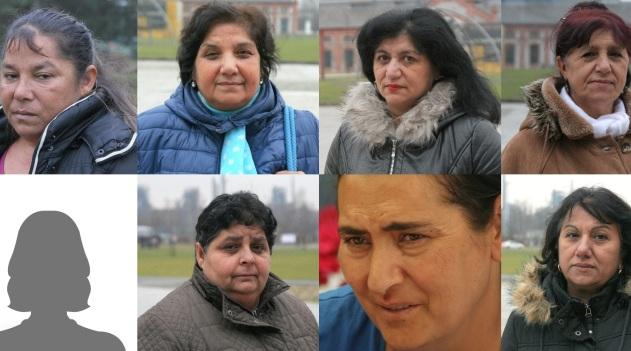In November 2017, nine governments of the United Nations urged the Czech Republic to provide compensation to women – in particular Romani women and women with disabilities – coercively sterilized between the 1960s and 2004. The Czech Government is expected to provide an answer to these Governments in the UN Human Rights Council in March.
In January 2018, victims of these practices in both countries began – again, as they have so many times in the past – a public campaign urging their governments finally to recognize, apologize and provide due compensation for their suffering. During the period from the late 1960s until the end of Communism, authorities in Czechoslovakia targeted Romani women for a combination of practices involving strong pressure to undergo sterilization, coupled with explicit and actionable threats to take children into state care.
These efforts became particularly intensive and frenetic toward the end of Communism. Remarkably, this was done during a time when Czechoslovak policies generally were pro-natalist.
The first post-Communist Government in Czechoslovakia explicitly ended these policies in 1990. However, doctors and social workers in Czechoslovakia and its successor states the Czech Republic and the Slovak Republic continued sterilizing women covertly, extensively and systematically until the early 2000s, until a series of international advocacy efforts brought the practices generally to a halt.
Other women – including women with disabilities and older women – have also been sterilised against their will, although documentation of these practices remains poor. In some rare cases, men were also coercively sterilised.
Efforts to challenge these practices turn forty years old this year: On 13 December 1978, the Czechoslovak dissident group Charter 77 issued “Document 23” concerning the “Situation of the Gypsies in Czechoslovakia”, including explicit protest at the use of coercive sterilization as a tool in the service of “the solution of the Gypsy ‘problem’ in the elimination of this minority and its integration with the majority.” As set out by Charter 77, the approach of the authorities started from the position that “By eliminating the minority, one eliminates the minority problem.”
The late Czech Ombudsman Otakar Motejl stated publicly in 2009 that he believed there were as many as 90,000 victims on the territory of the former Czechoslovakia. The consequences – including both the psychological impact of non-consensual violations of bodily integrity, as well as the inability to bear children – are life-altering in the most fundamental way.
In 2009, the Czech Government issued an “expression of regret”, but it stopped short of an outright apology. A major joint Government-civil society effort in the Czech Republic to draft a compensation law was torpedoed in 2014, and the responsible minister fell.
Apart from court-ordered remedy in a handful of cases, the Slovak Government has strenuously resisted acknowledging the problem at all. It is now time to turn the page.
The victims are owed acknowledgement of the details and scope of the practices, as well as compensation for their suffering. The public in both countries deserves an accounting of what was done in its name. That is the best assurance that it will never happen again.
Claude Cahn is Human Rights Officer at the Office of the United Nations High Commissioner for Human Rights, as well as author of the book Human Rights, State Sovereignty and Medical Ethics: Examining Struggles around Coercive Sterilisation of Romani Women (Brill, 2015). This article does not necessarily reflect the views of the United Nations or any of its entities.
